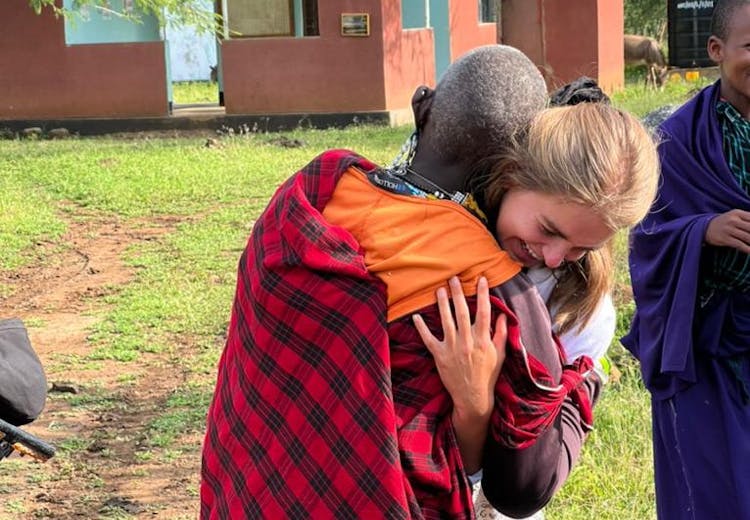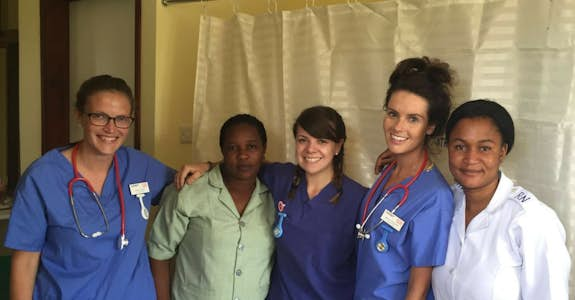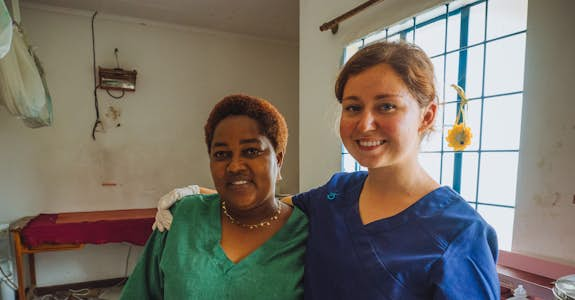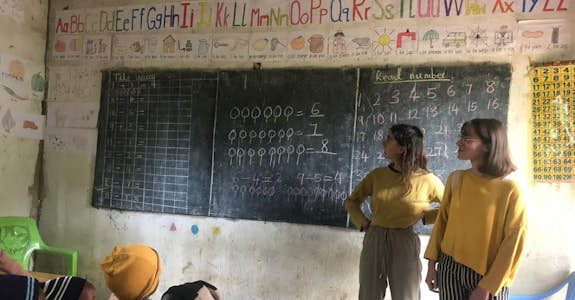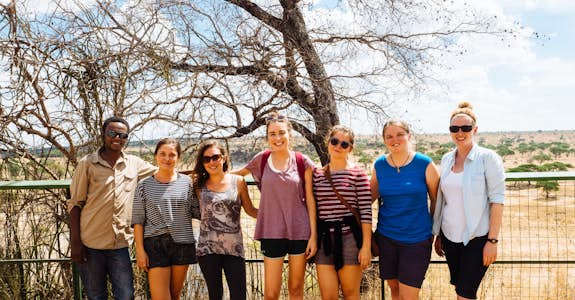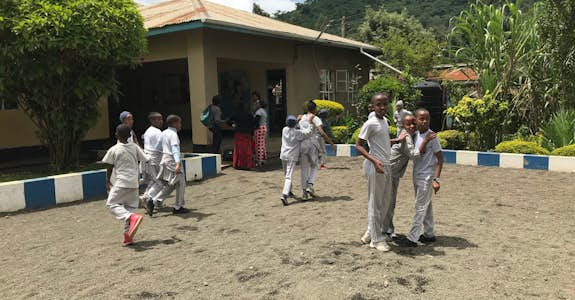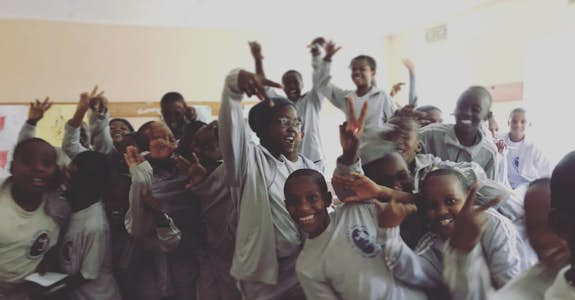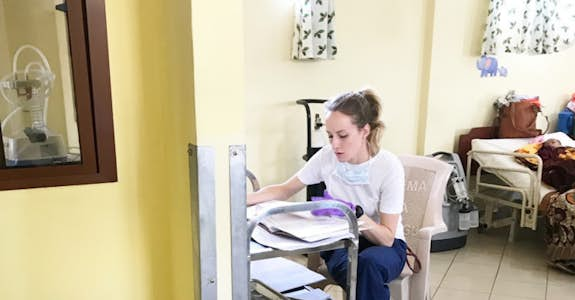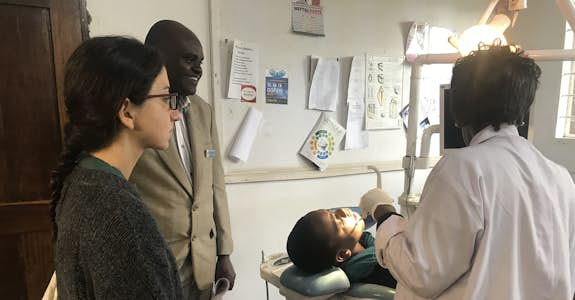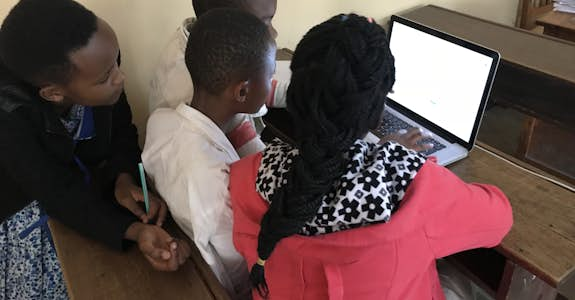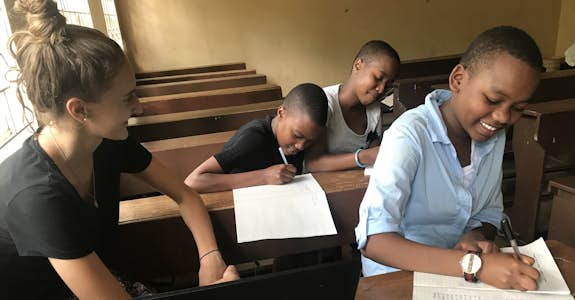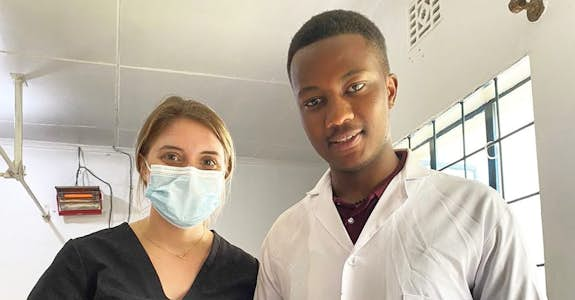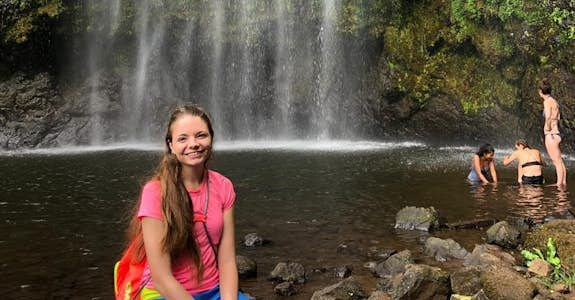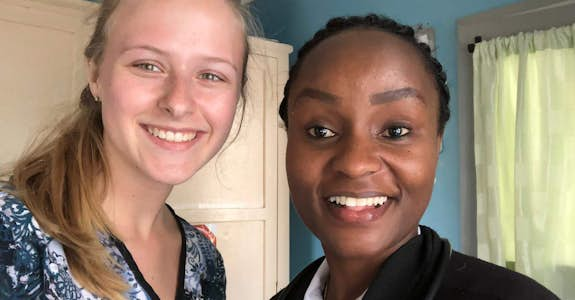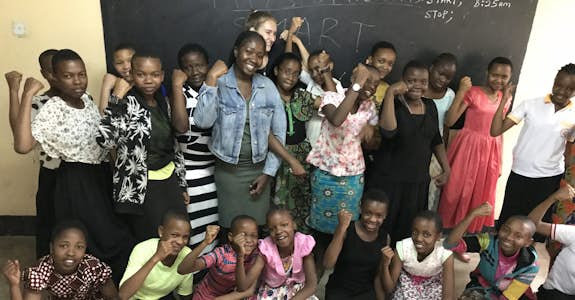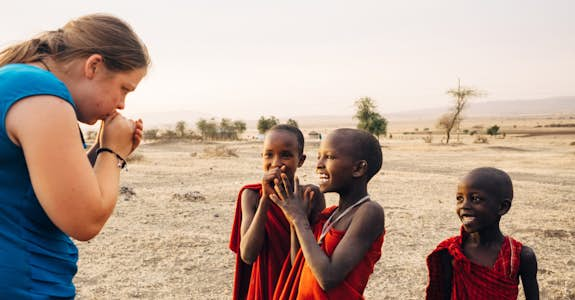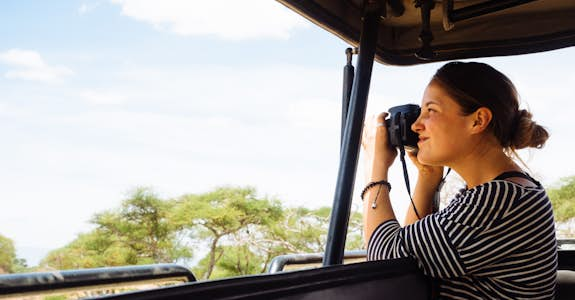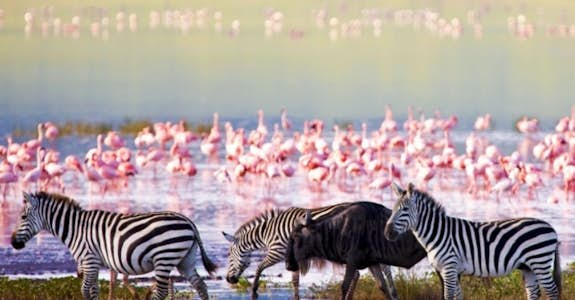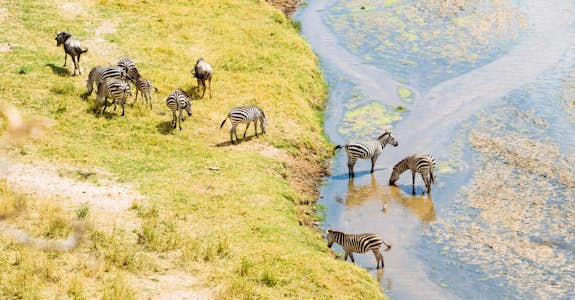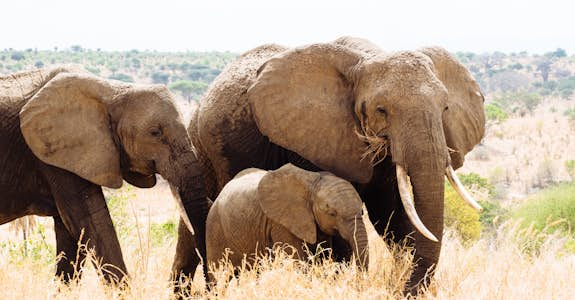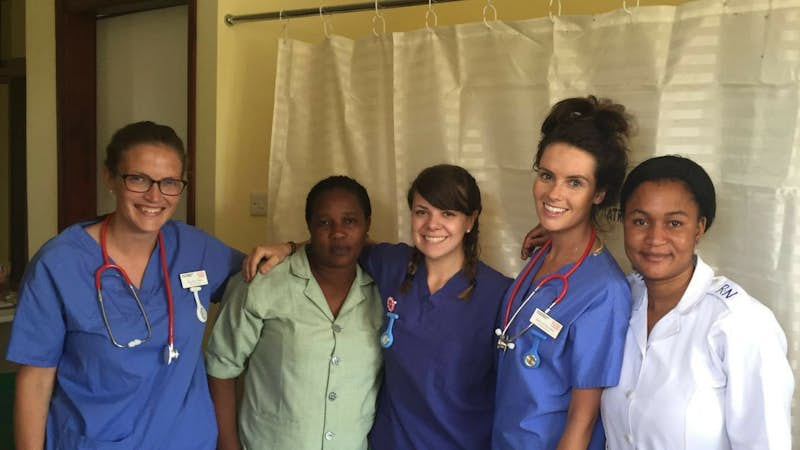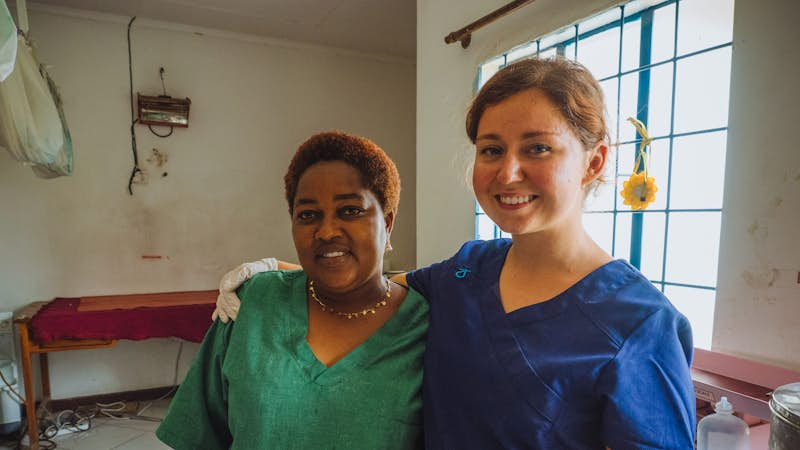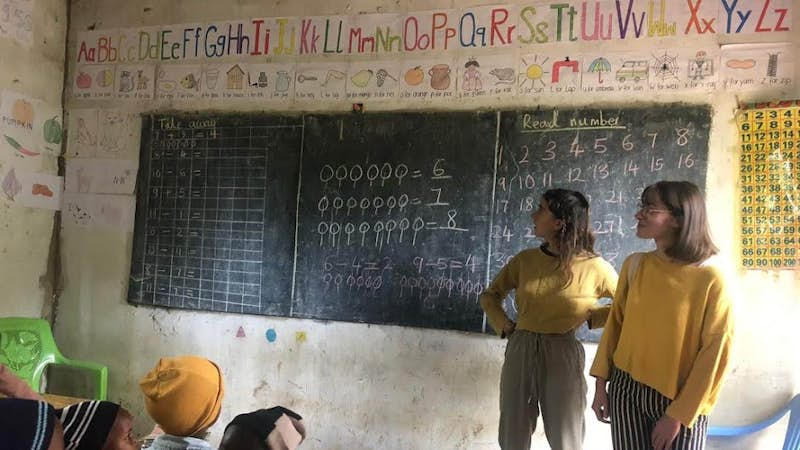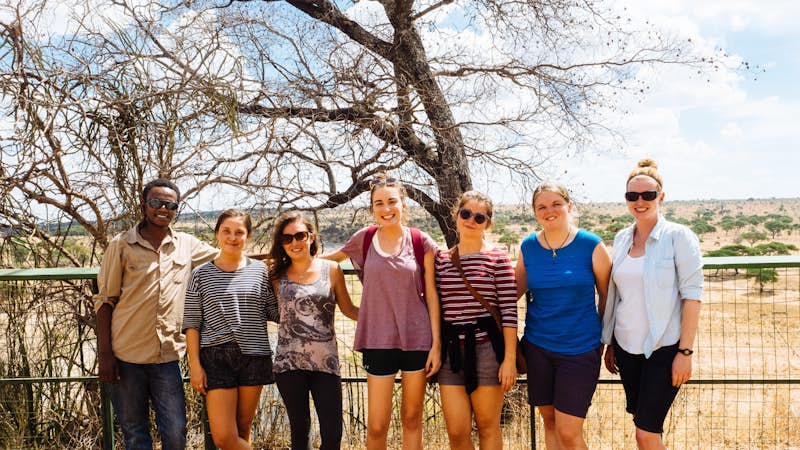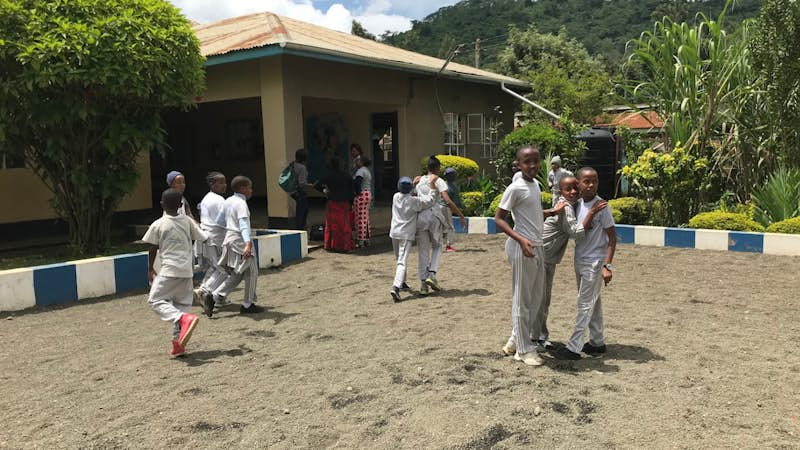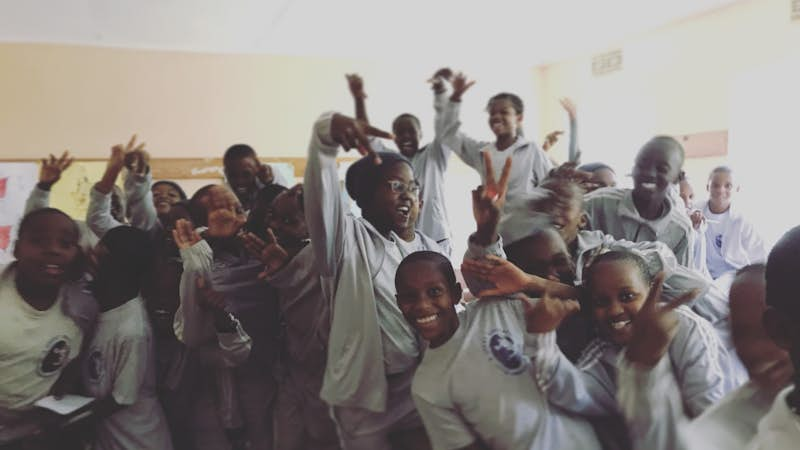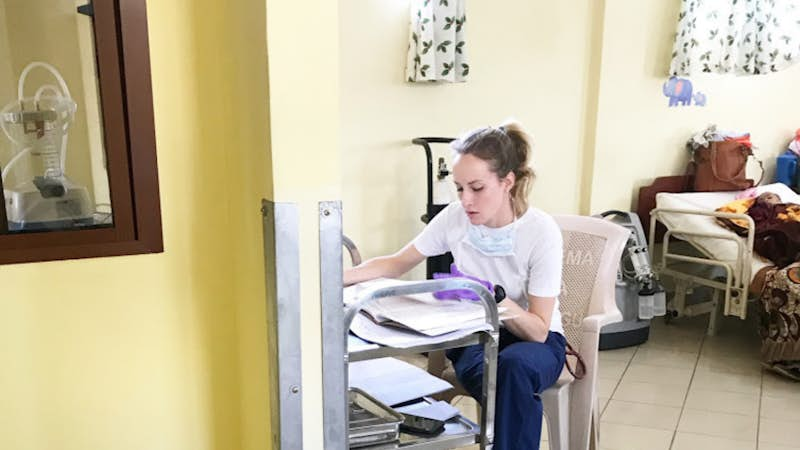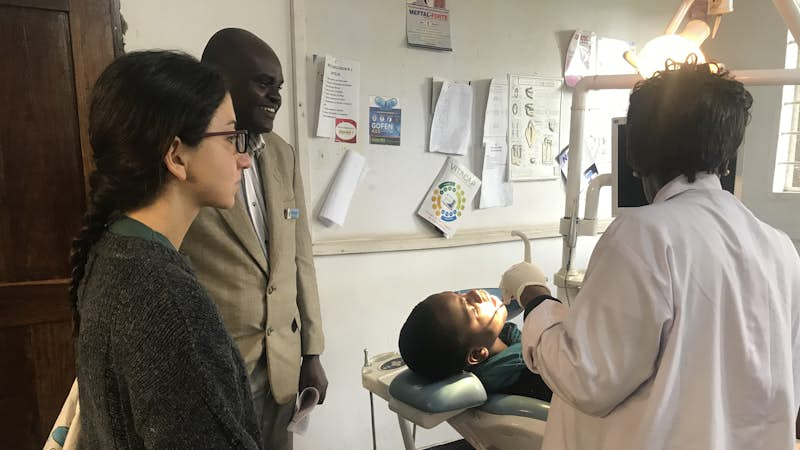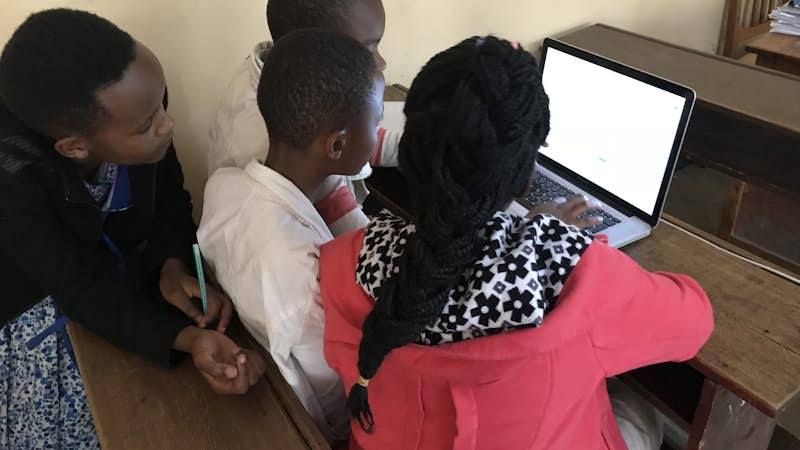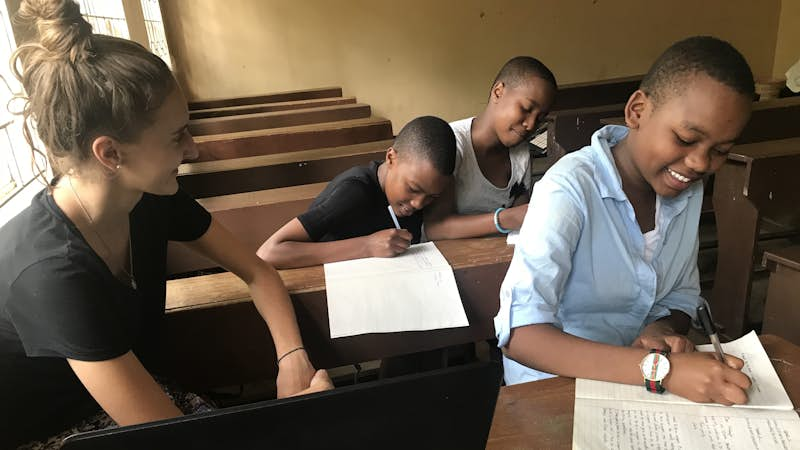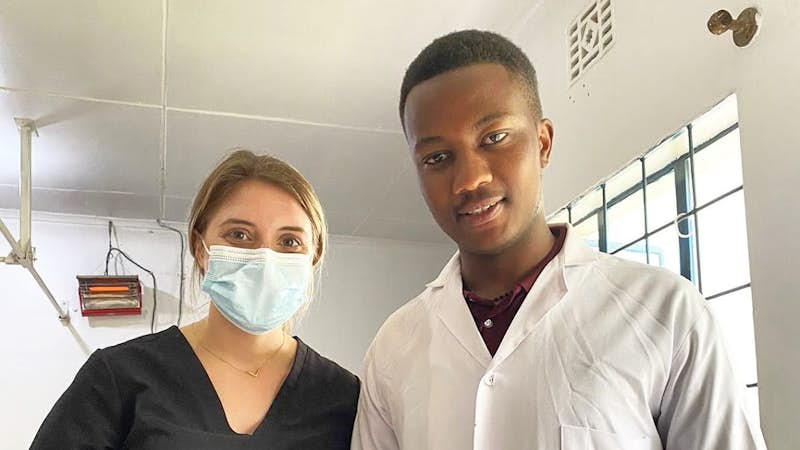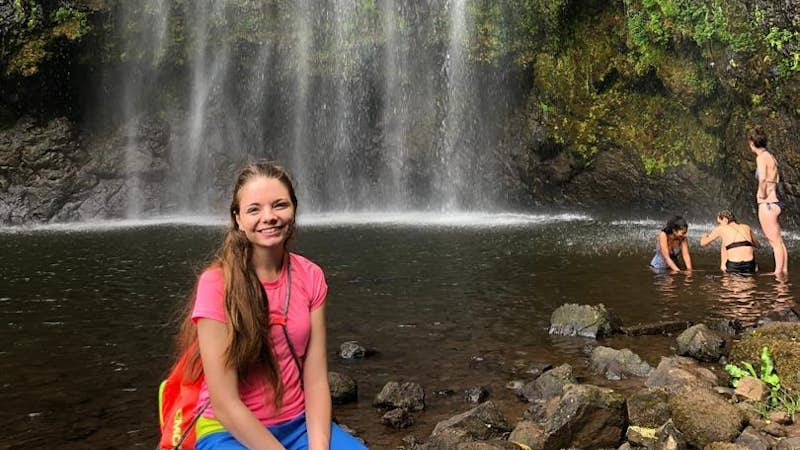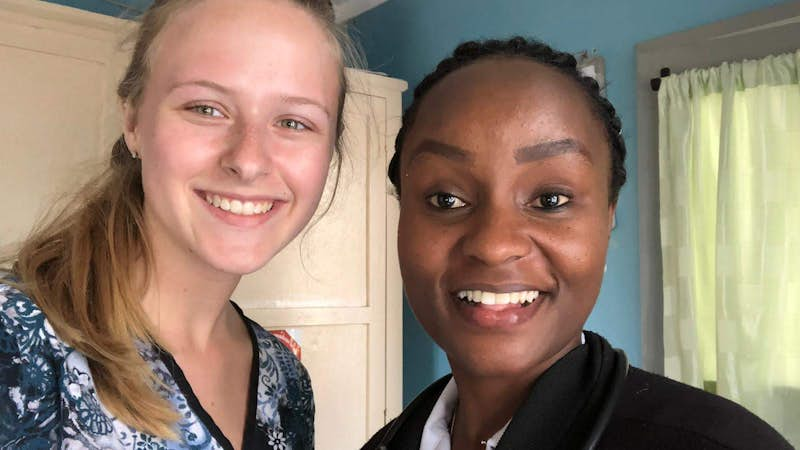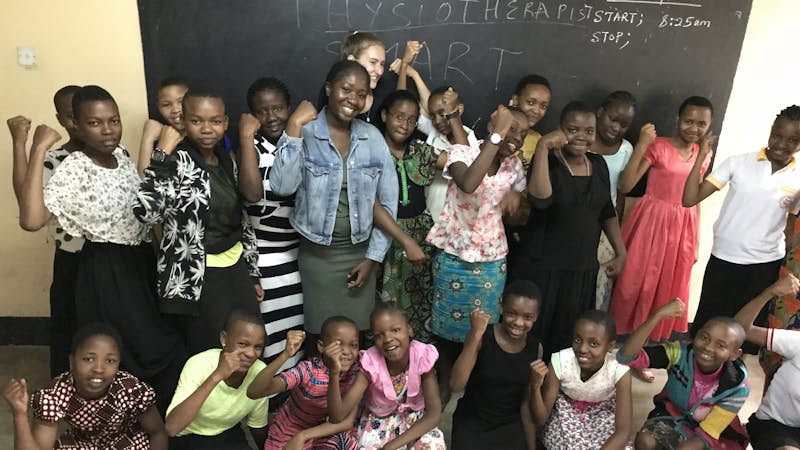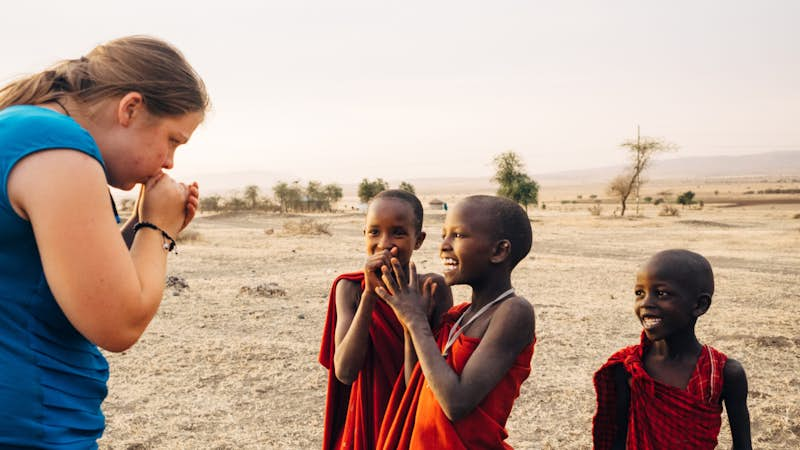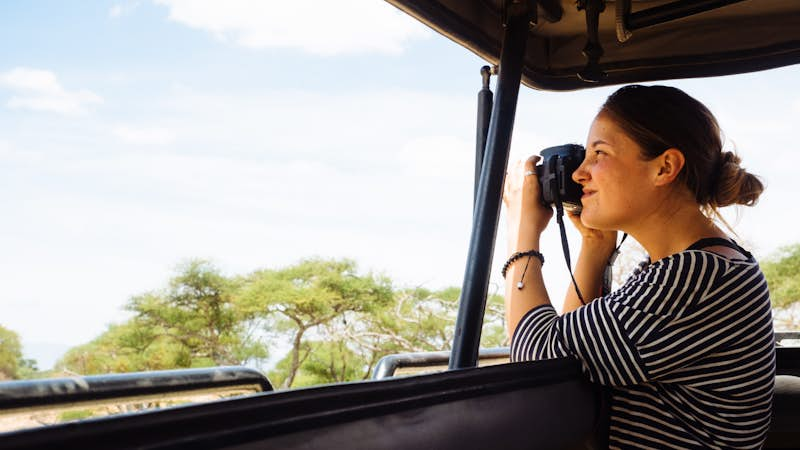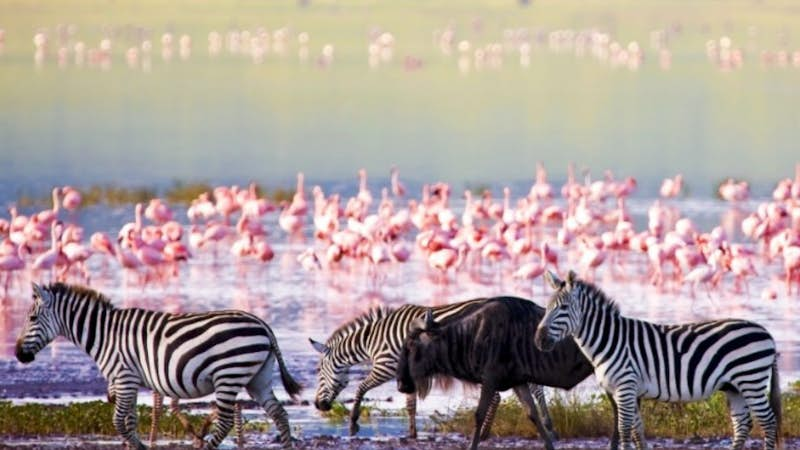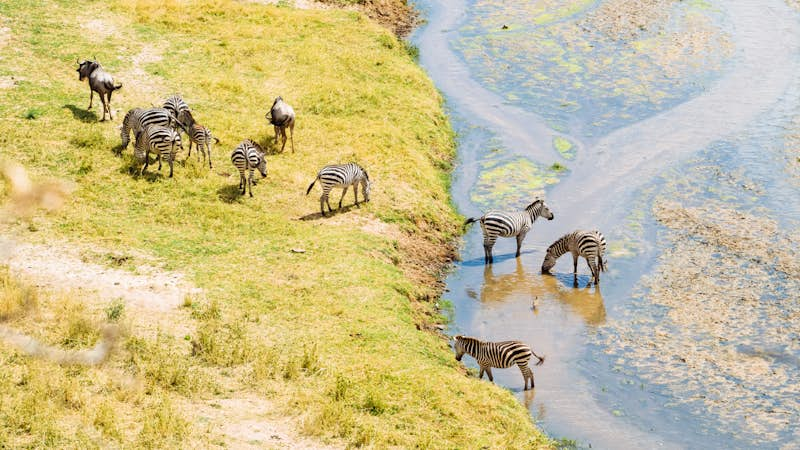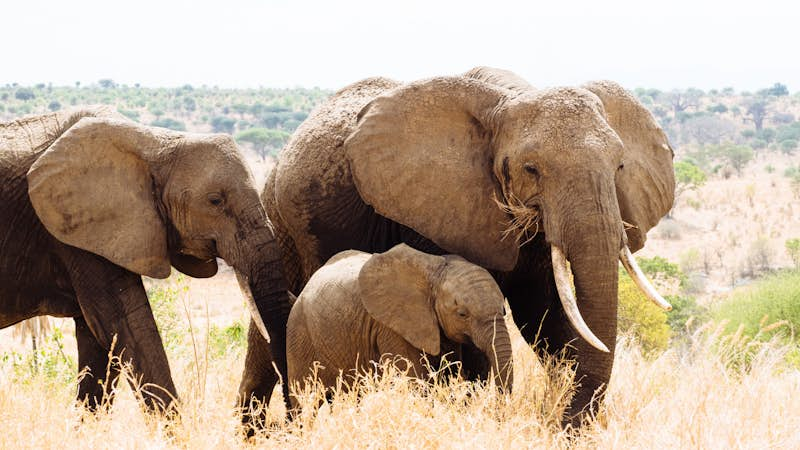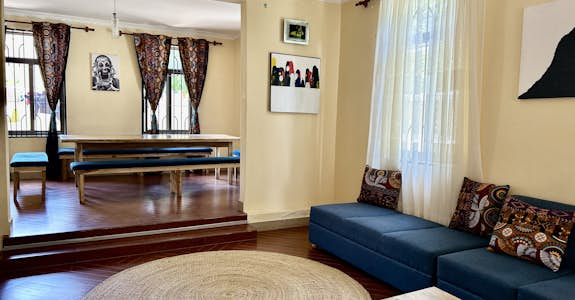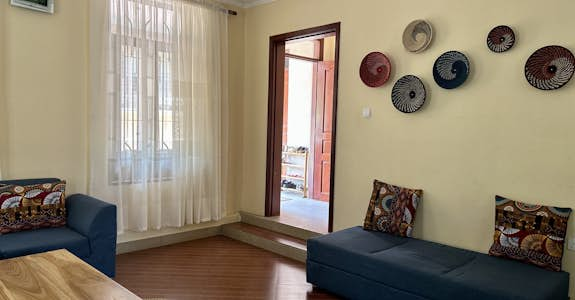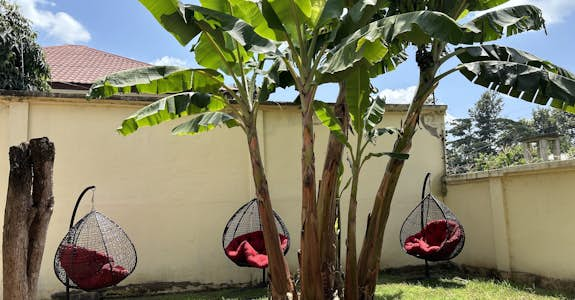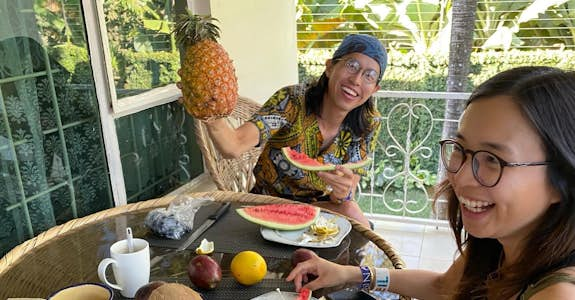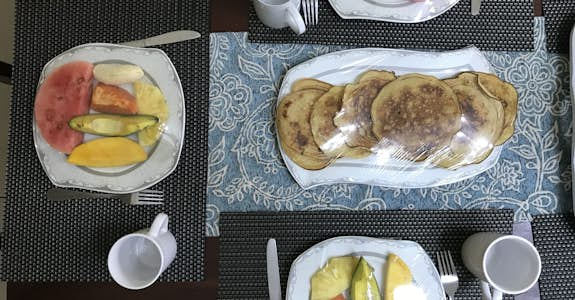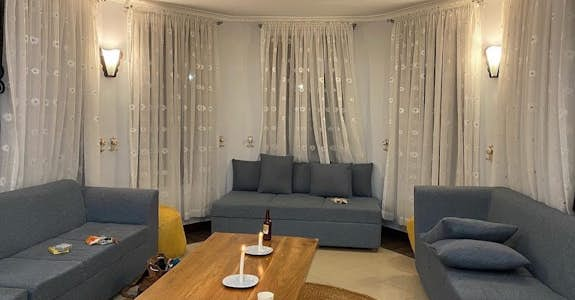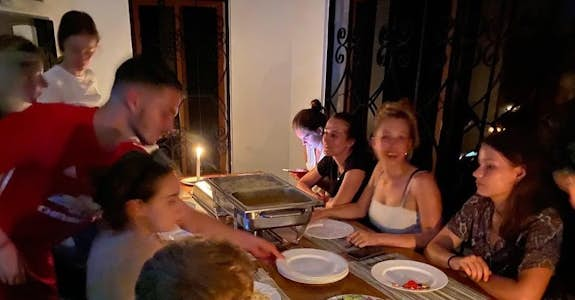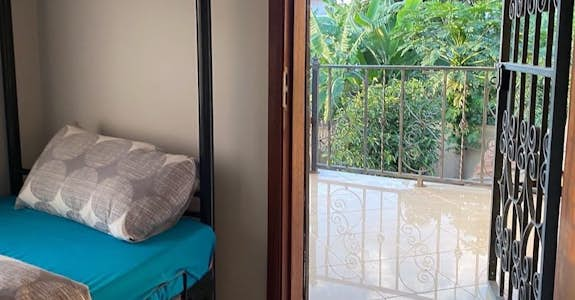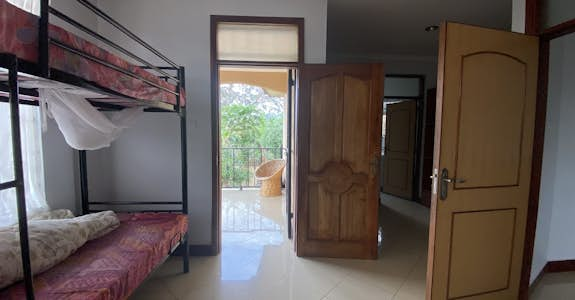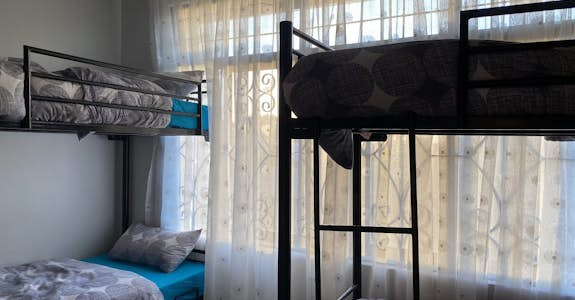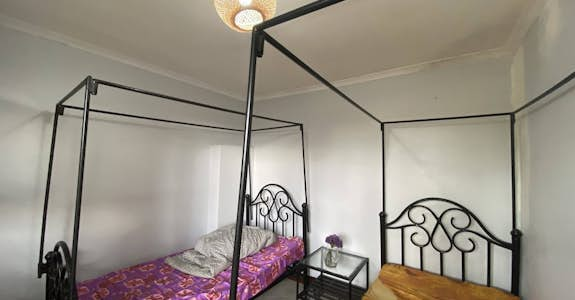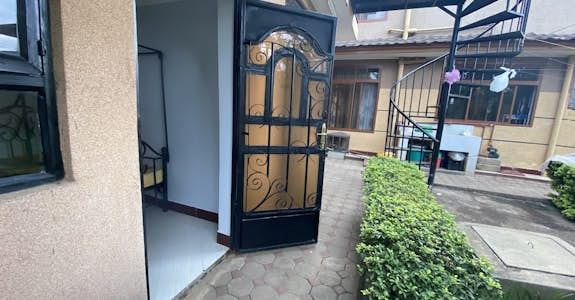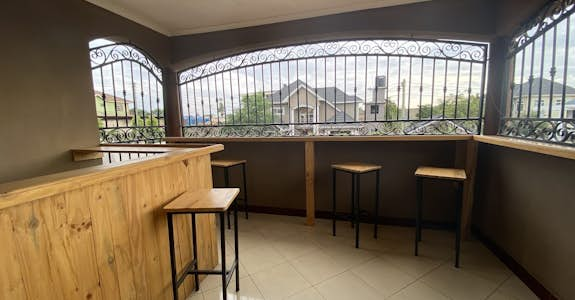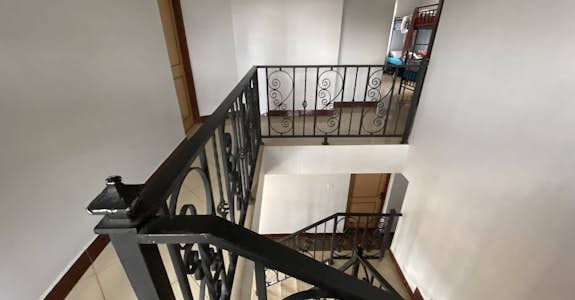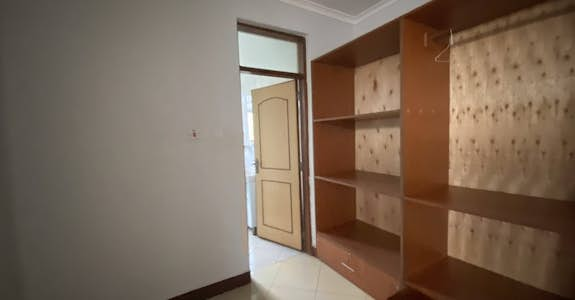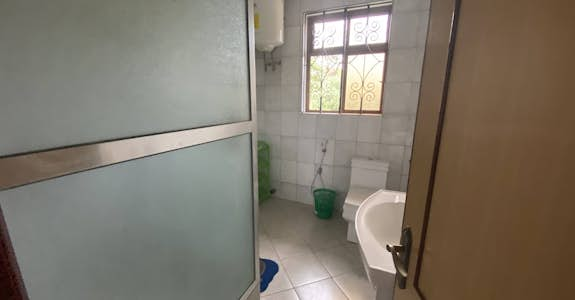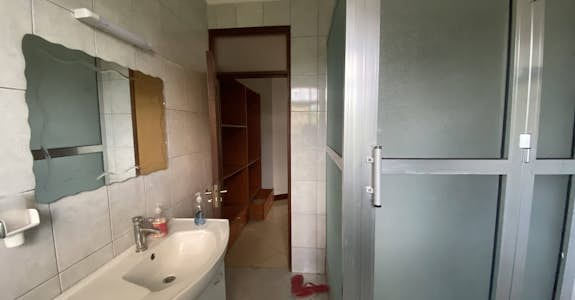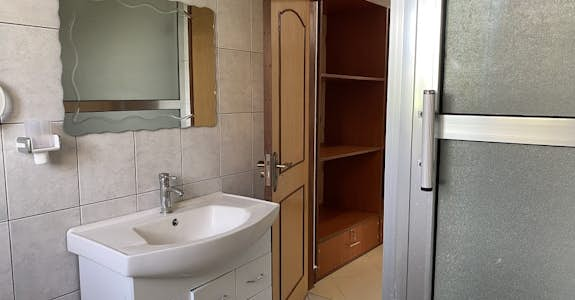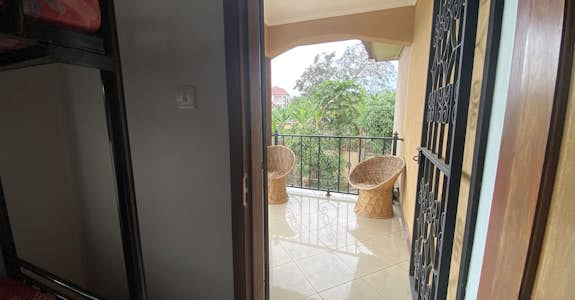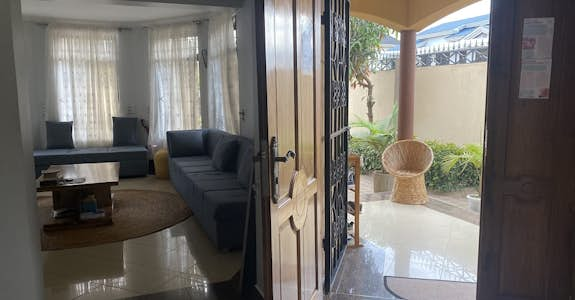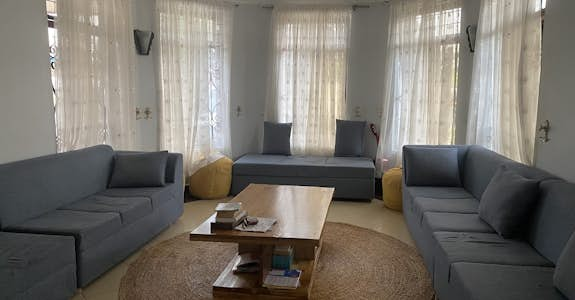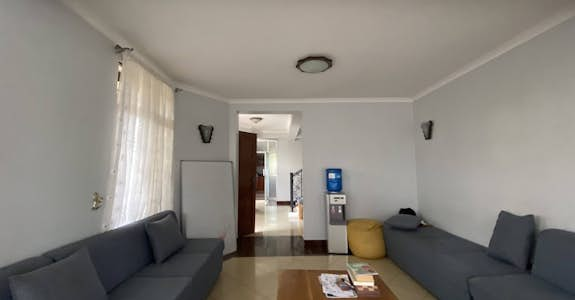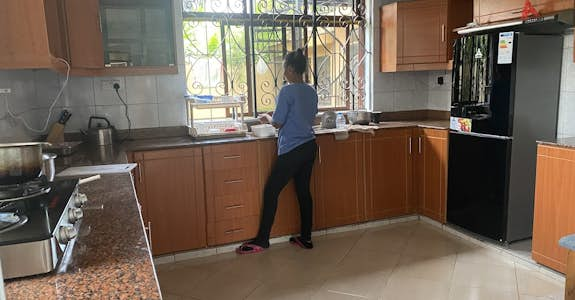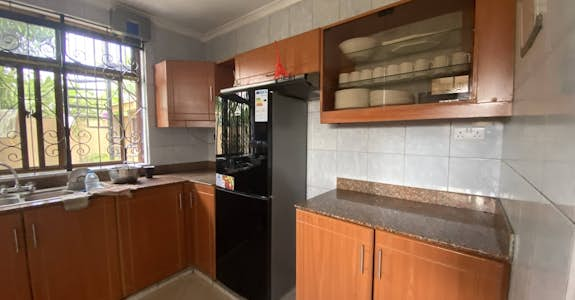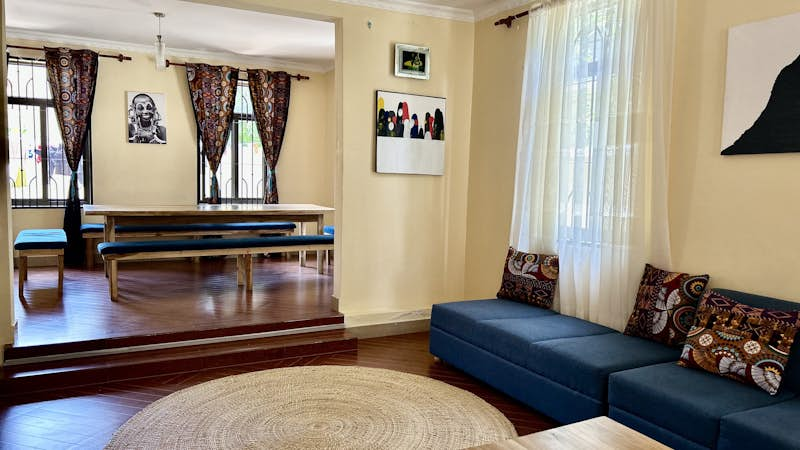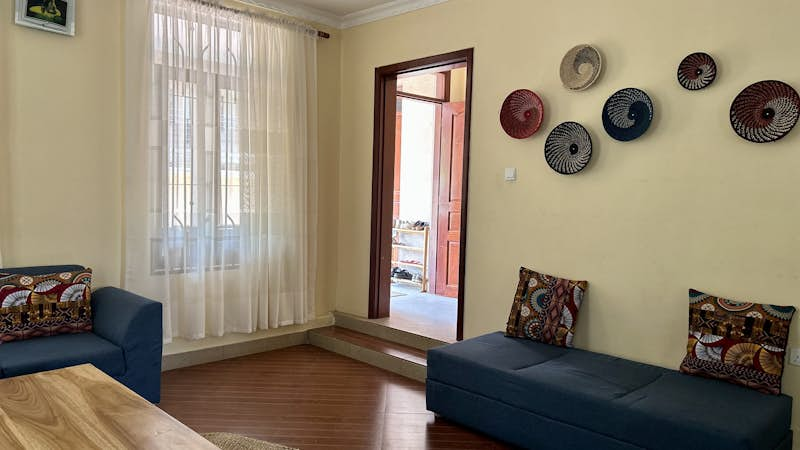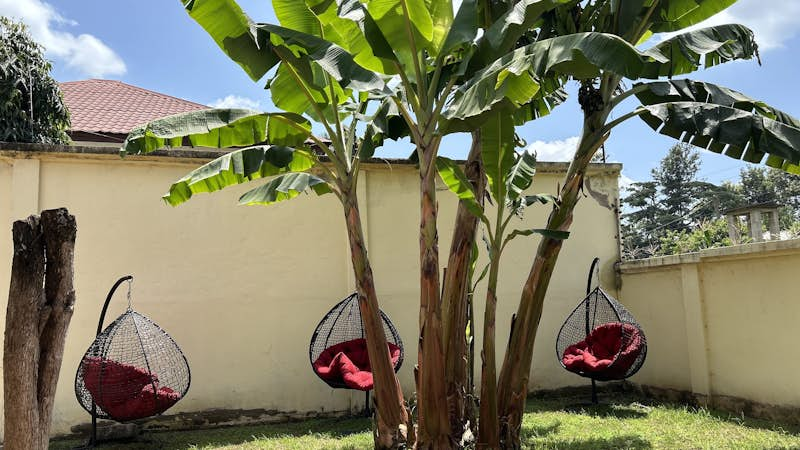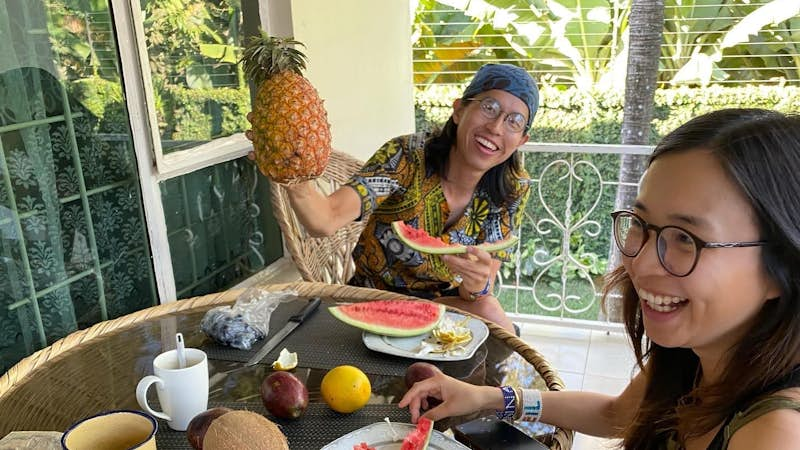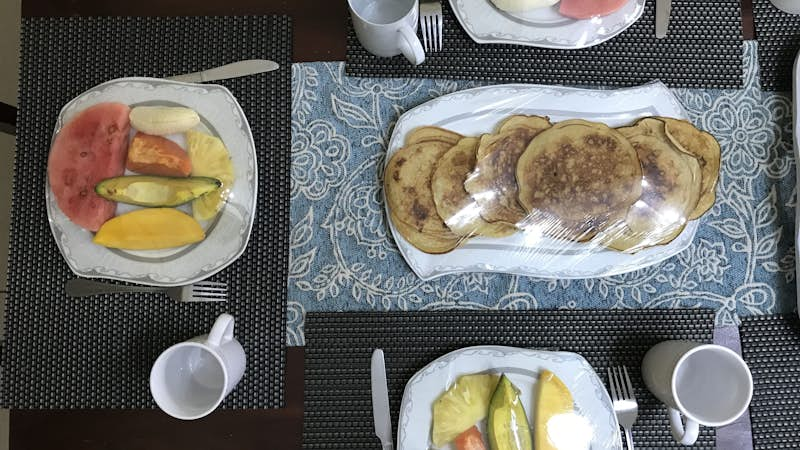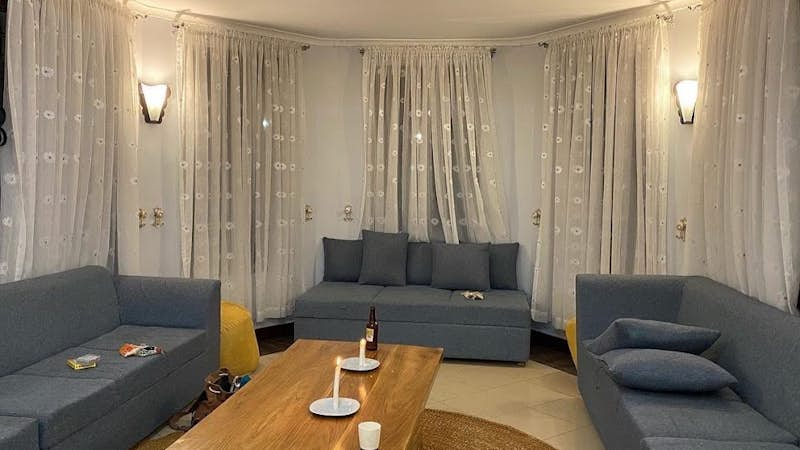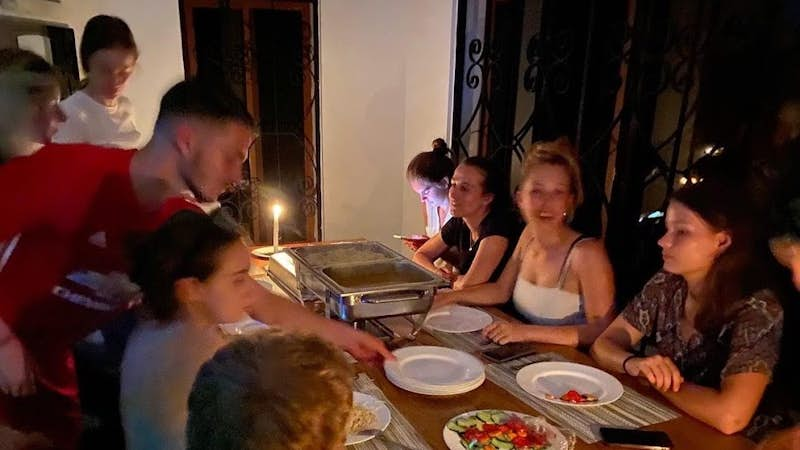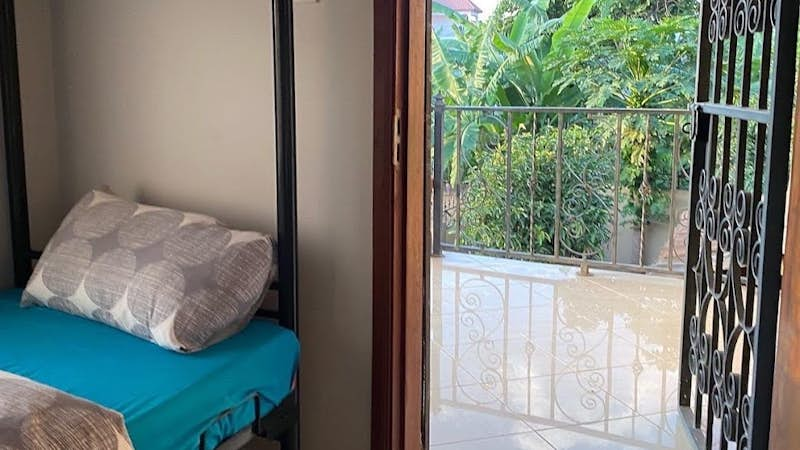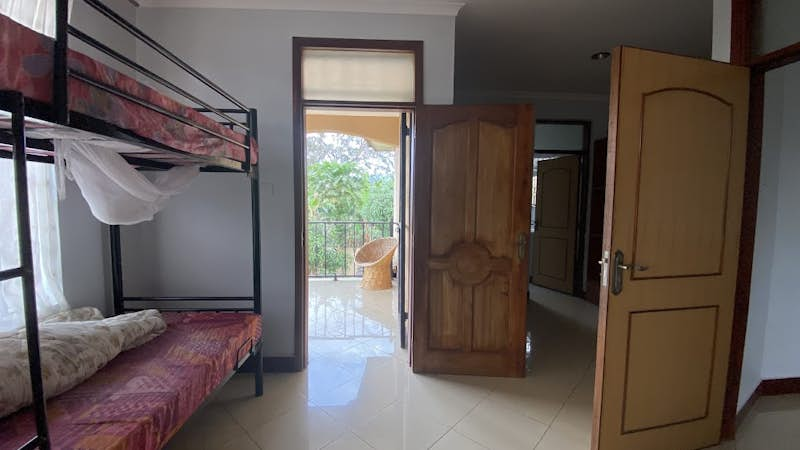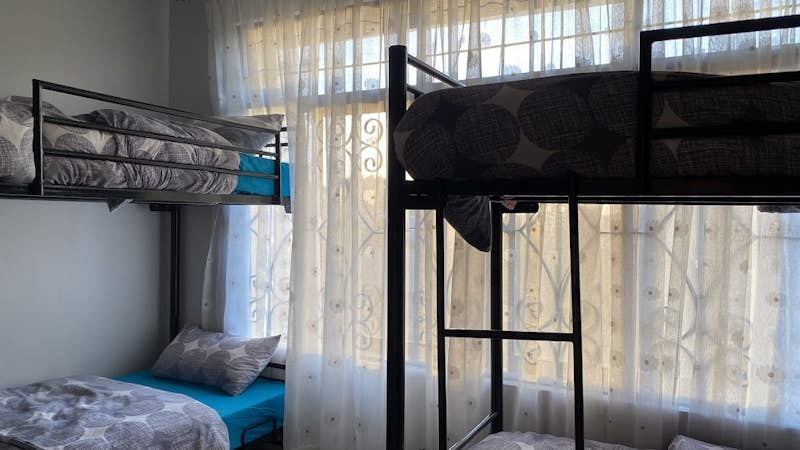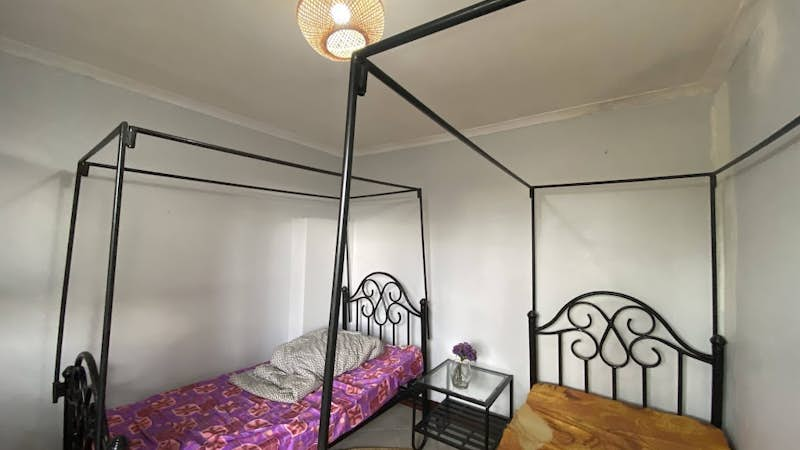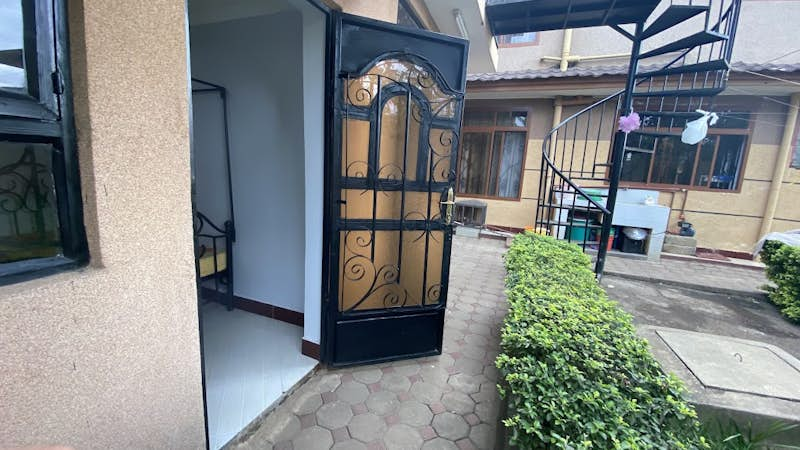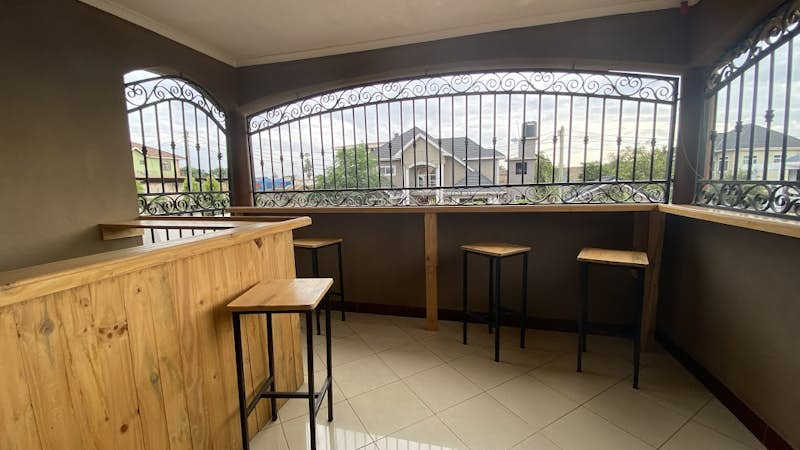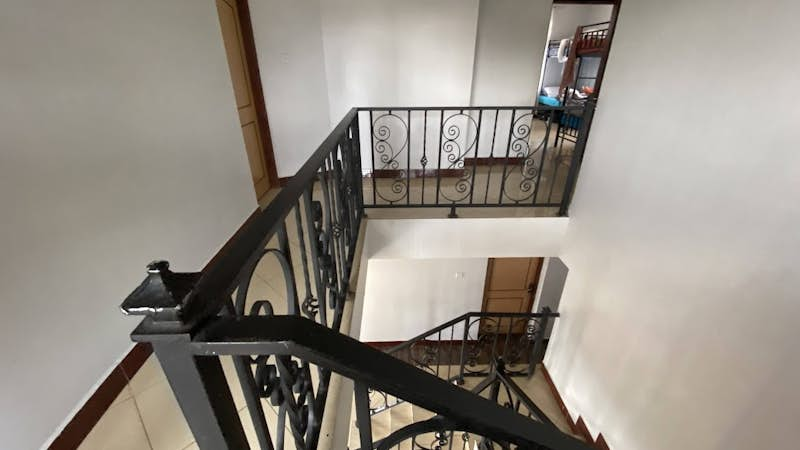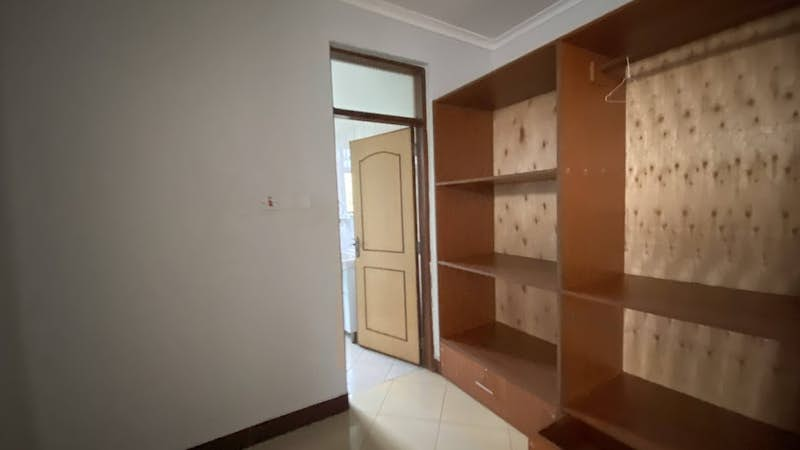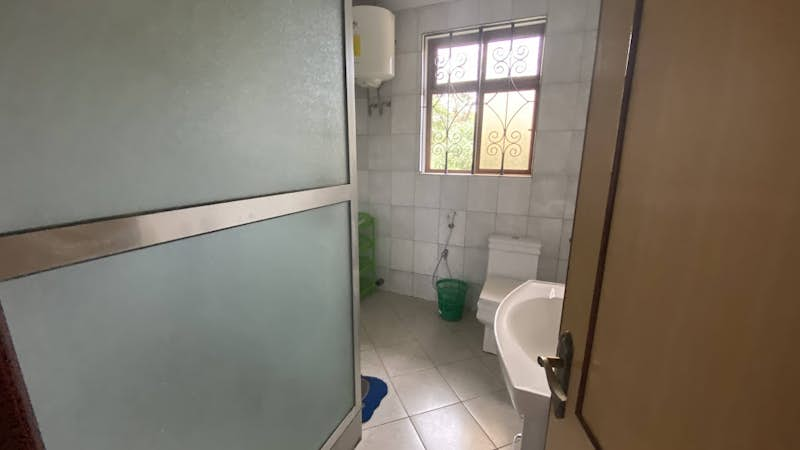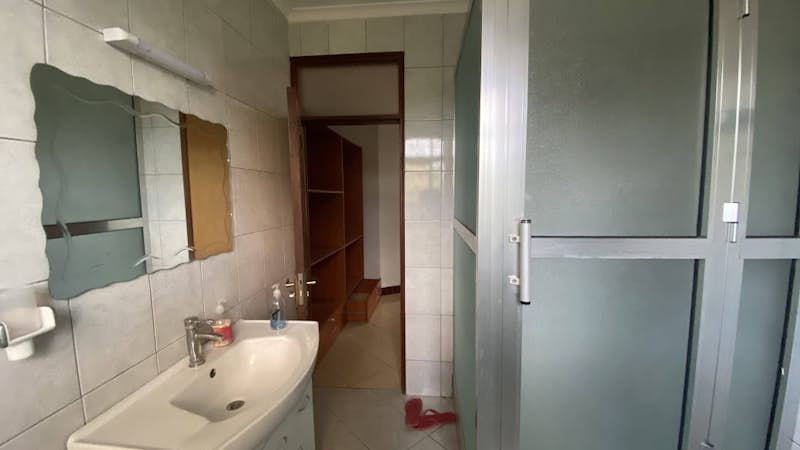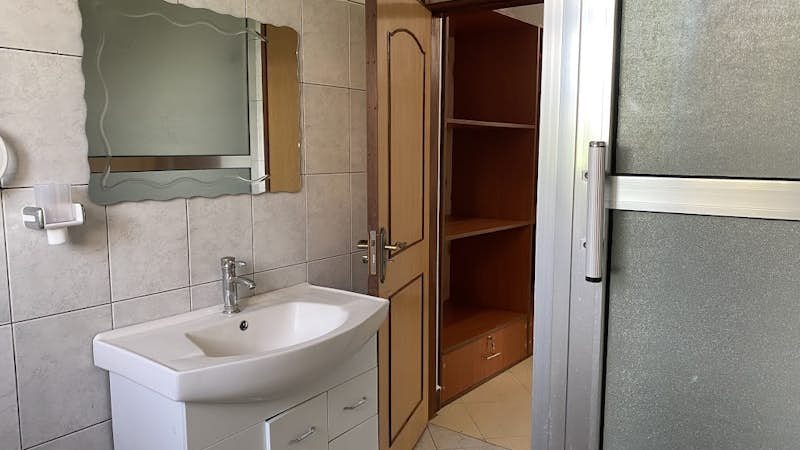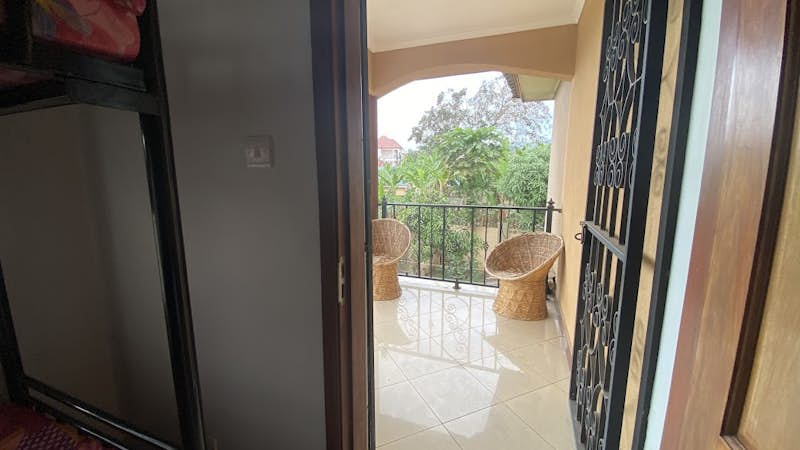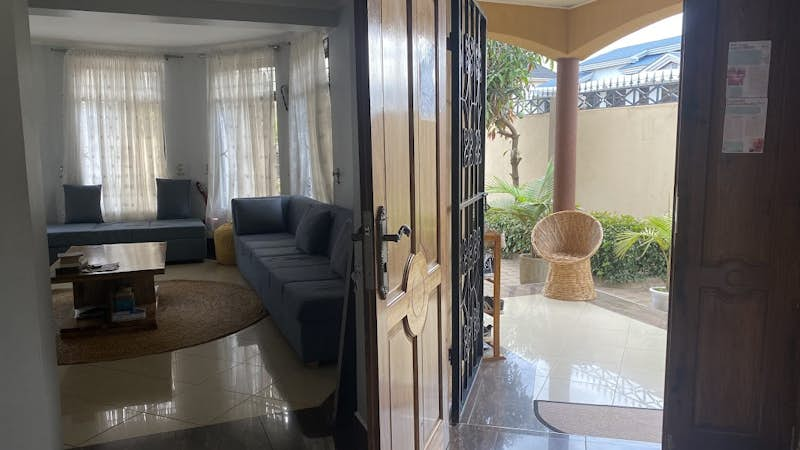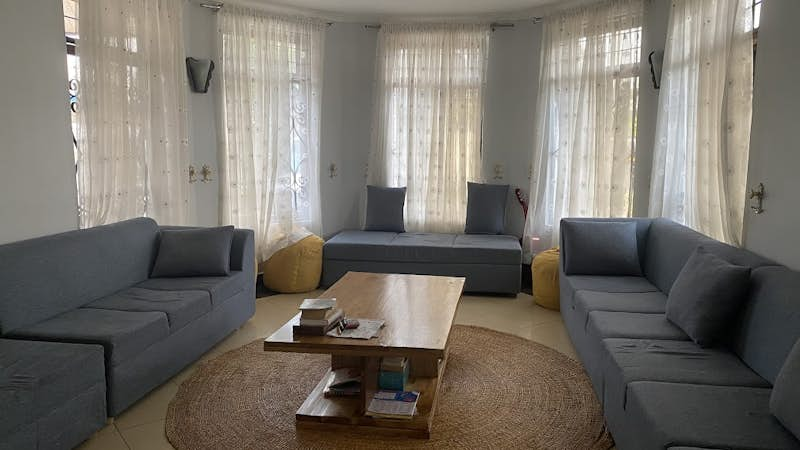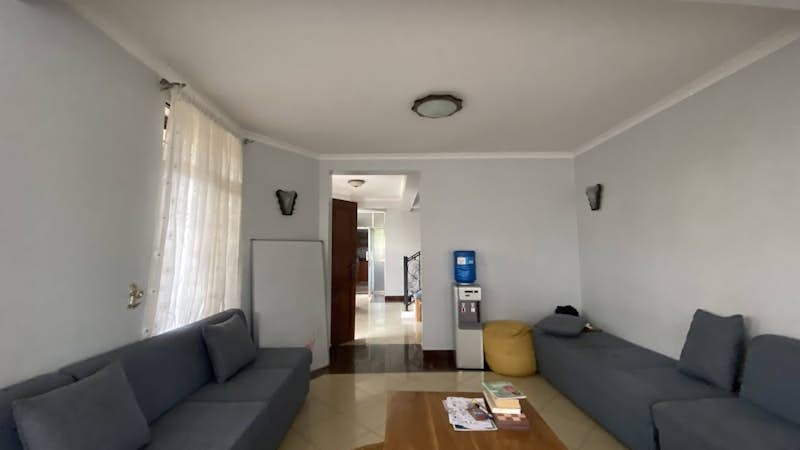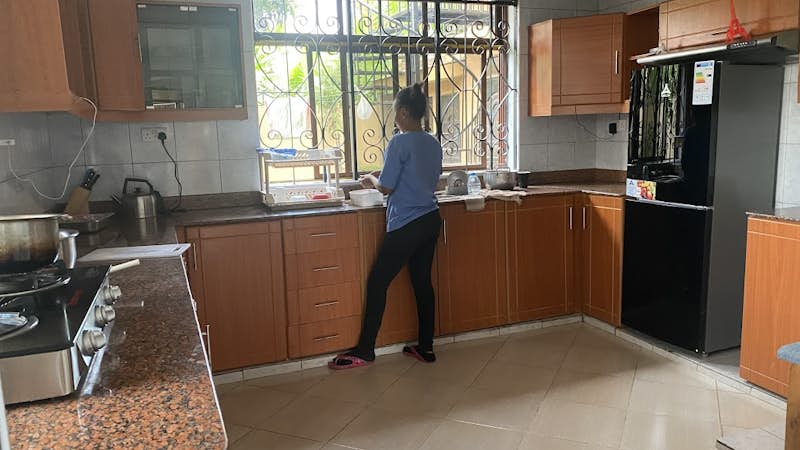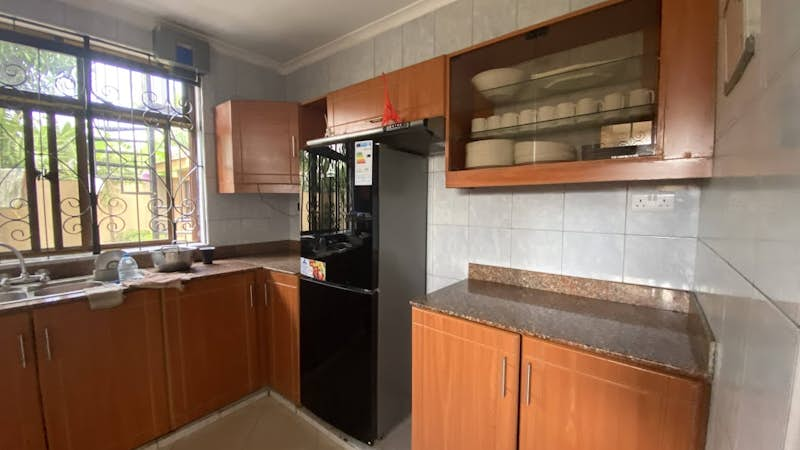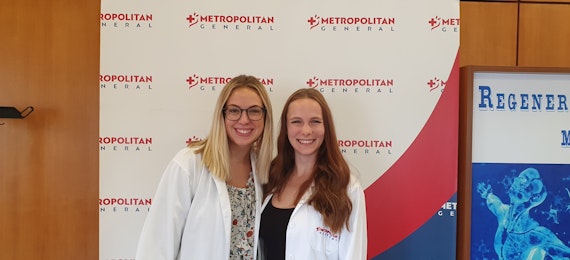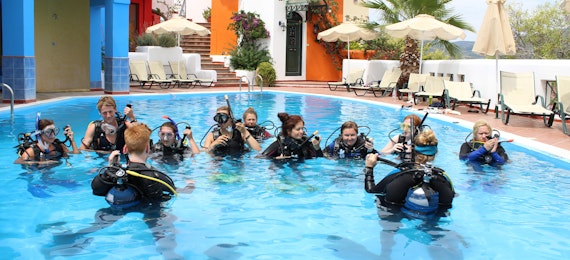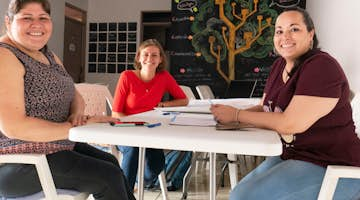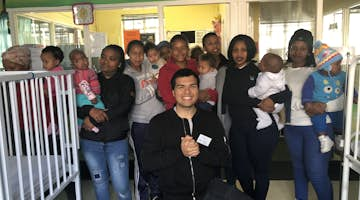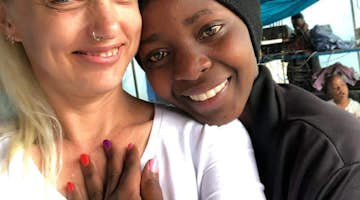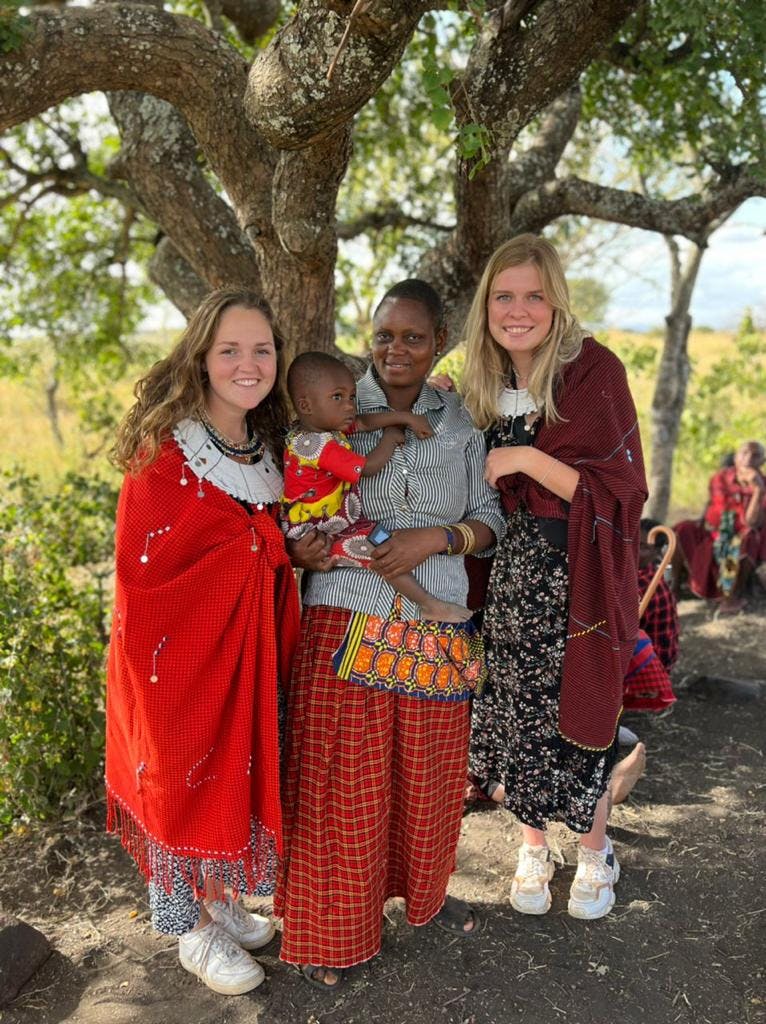
Maasai Women's Empowerment & FGM Awareness Internships: Intern abroad in Arusha, Tanzania
A meaningful opportunity to intern with a community-led NGO, taking a holistic approach to support Maasai women and girls in Tanzania. There is broad scope for diversity with this internship, as activities related to women’s empowerment groups focus on a number of sensitive cultural issues. Whether advocating for FGM awareness, supporting young women with relationship issues, assisting with medical and healthcare education, or supporting in the provision of mobile clinics, interns can gain broad experience, under the guidance of local experts.
What to expect from your Maasai Women's Empowerment & FGM Awareness internship:
- Develop your understanding of how to help women and girls to overcome their challenges.
- Learn relationship building skills that enable you to work with others to improve their prospects for the future.
- Gain enhanced cultural insight and build your capacity to navigate culturally sensitive issues.
- Enjoy spare time in Arusha, go on safari in the Serengeti, and explore world famous natural landscapes.
Your internship abroad host organization:
- NGOs
Internship details
Maasai Women’s Empowerment & FGM awareness interns collaborate with an experienced and well-established Tanzanian NGO. With over 20 years of experience, the sitting Director of this NGO sits on one of the local District Health Boards and works tirelessly as an active advocate with the Maasai empowerment groups. The NGO interlinks with government bodies to provide essential cross agency support. Although the organization strives to end the practice of Female Genital Mutilation (FGM), not all are in favor of changing cultural practice.
This is an in-country internship, with accommodation included. Click here to view remote internships, which you can undertake from home.
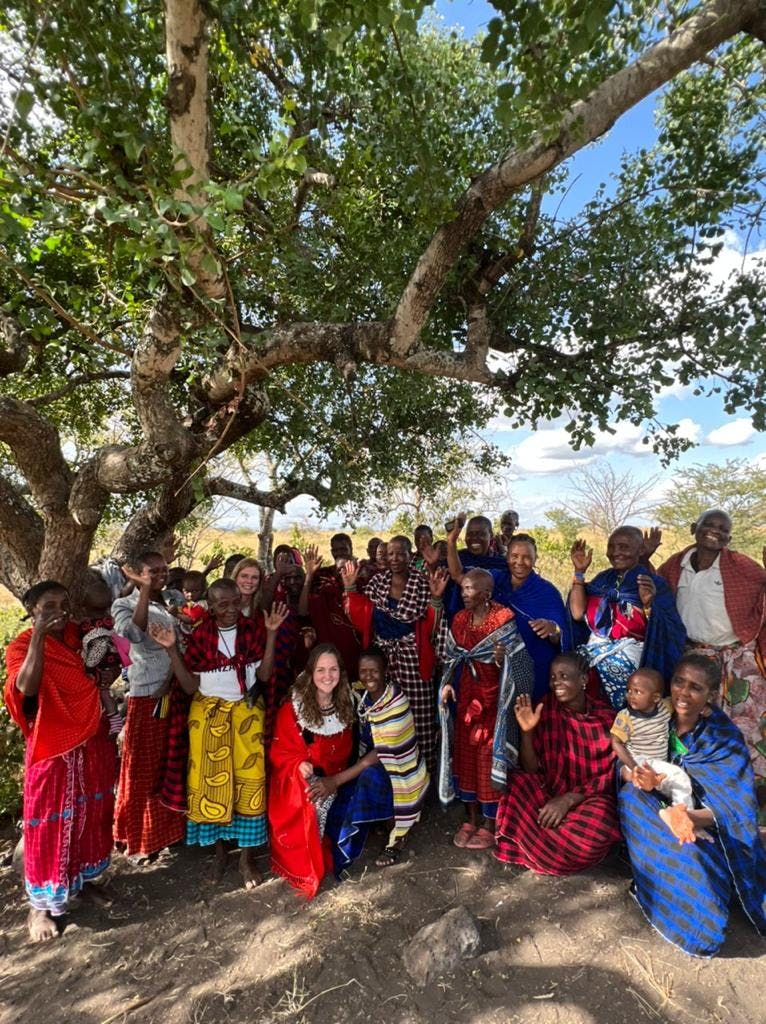
The main aims of Maasai Women’s Empowerment & FGM Awareness are to further the spread of healthcare education, provide a supportive network for girls and women, and assist with refuge, when needed. The NGO is spread between two main sites, while also keeping informal bases in rural Maasai villages. The main headquarters features a health care center, which offers support, education and treatment to low income Maasai women and families.
Weekly training is conducted for women, which relates to female anatomy. The various types of FGM and common complications are explained in detail. This training is conducted in various languages, including Maasai and kiSwahili, as well as English. Women’s empowerment sessions may involve individuals sharing their personal experiences with others, in supportive environments.
Interns can expect to help in the ongoing operations of the health center, where locals also have access to HIV, STI and pregnancy testing, as well as a delivery room and general medicine services. The provision of mobile clinics provides support to the remote Maasai villages, ensuring that expectant mothers, new mothers, girls and women, can receive care. This can often relate to have health complications which have arisen from the practice of FGM. Interns provide support to the NGO, which operates to implement safe spaces for women to privately receive support, treatment, contraceptives, and family planning services.
As part of the organizations FGM awareness outreach, interns may also will aid in championing a women’s empowerment group, which has so far protected over 200 girls from the practice of FGM. Advocating for a stop to FGM and forced marriage, the group provides medical support to women and girls who have suffered severe complications due to FGM, a shelter to those that have fled abusive homes, and education to mothers who oppose the tradition.
It’s important that interns come prepared to encounter differing cultural beliefs and traditions. While you may experience culture shock, which can be quite emotive, it is important to remain professional and compassionate at all times. You’ll be encouraged to consider your supervisor and in-country coordinator as valuable and knowledgeable resources and mentors. They’re in the best position to provide guidance and local context into the needs and challenges of the local community, and will be happy to support your learning experience throughout this internship abroad. For placements, interns will travel like a local, walking or taking public transport to their placement each day.
In all cases, interns should expect that the first week of your experience will focus on settling in and gaining some introductory knowledge, as you will not “hit the ground running”. Rather, you should start with learning about the placement to gain an understanding of what you can build upon, develop, learn, and contribute. Ensure that you ask questions and provide feedback during the introductory period, so that your supervisor understands how you’re progressing. This will help them to better understand important details, such as how quickly you learn, what you find challenging, what you find interesting, etc.
Understand and expect that individual internship experiences vary, as the specific placement that you’re assigned will depend on review of your resume and your current level of studies and experience. Therefore, if you’re at a more introductory level, you should reasonably expect a more introductory internship. Likewise, if you’re interning for a shorter duration, you will have a different experience from someone who is interning for a longer duration. Placement preferences are considered but always subject to availability.
Typical Schedule
-
Schedules vary based on the exact nature of each internship. Interns should prepare to be flexible with their schedules, but expect between 6-8 hours of work each day, Monday through Friday, including possible (optional) weekend activities.
What are the career benefits of interning abroad as a Maasai Women's Empowerment & FGM Awareness Intern?
Maasai Women's Empowerment & FGM Awareness interns learn from a qualified and experienced supervisor, and can be involved in:
-
Supporting local health centers and clinics.
-
Providing healthcare education and awareness.
-
Raising awareness around FGM and elimination strategies.
-
Assisting NGOs to provide women’s refuge and medical support.
-
Contributing to advocacy campaigns and NGO operations.
Professional development opportunities:
-
Learn about the challenges women face in Tanzania and how to overcome them.
-
Develop relationship building skills with vulnerable women and girls.
-
Gain an understanding of how to address a variety of social and healthcare issues.
-
Gain experience helping families and communities to address their specific needs.
-
Gain practical skills and boost your employability, with guidance from Intern Abroad HQ’s Experiential Learning Curriculum to support your learning and cultural intelligence.
Are you eligible for this internship?
Submit a free application so we can confirm your eligibility and check availability for your preferred dates.
Not sure which program to join?
Tanzania photo gallery
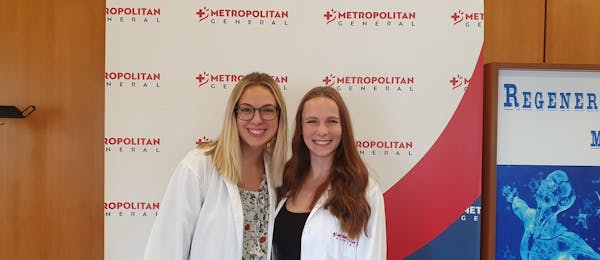
Academic credit available for all internships
Get course credit from your college or university while completing your internship abroad or a remote internship program. It's a great way to meet your academic requirements and gain valuable experience at the same time.
Learn about course creditProgram fees
Applying for our Maasai Women's Empowerment & FGM Awareness Internship is completely free! The support package covers the assistance we provide in finding your internship and arranging your living accommodations in your host country, ensuring you thrive during your program.
Please note that a deposit of US$499 is required to confirm your place. The remaining balance (minus your initial US$499 deposit) is due at least 60 days before your internship start date.
Duration |
Program Fee (USD) |
|---|---|
| 2 weeks | $1,439 Equivalent to $102 /day |
| 3 weeks | $1,579 Equivalent to $75 /day |
| 4 weeks | $1,769 Equivalent to $63 /day |
| 5 weeks | $1,909 Equivalent to $54 /day |
| 6 weeks | $2,049 Equivalent to $48 /day |
| 8 weeks | $2,344 Equivalent to $41 /day |
| 10 weeks | $2,624 Equivalent to $37 /day |
| 12 weeks | $2,914 Equivalent to $34 /day |
| 16 weeks | $3,624 Equivalent to $32 /day |
| 20 weeks | $4,249 Equivalent to $30 /day |
| 24 weeks | $4,849 Equivalent to $28 /day |
- Airport pick-up
- Airport drop-off
- Daily breakfast and dinner
- Accommodation
- 24/7 in-country support
- Program orientation
- Dedicated support before, during, and after your internship
- In-country guidance for social and tourist activities
- Sourcing and securing your internship placement
- Personalization of your internship plan
- Coaching from your supervisor
- Documented portfolio of your experiential learnings
- Academic credit facilitation
- International reference letter
- Certificate of Internship Completion
- Lunches and weekend meals
- All in-country transportation
- Visa (if required), flights, travel insurance (mandatory), vaccinations, criminal background check
- Personal spending money for snacks, drinks, public transport, laundry, and leisure activities during your free time.
Free-time experiences & tours in Arusha
Take your internship to the next level with Intern Abroad HQ's affordable activity and tour add-ons in Arusha! Explore your options below and learn how to book them once you've been accepted onto an internship program.

In this tour you will visit two of the most popular destinations in Tanzania - Kilimanjaro Region. The tour starts and ends at Arusha, with experienced driver guides offering the trip of a lifetime!

Enrich your time in Tanzania with a visit to gain an authentic insight into the Maasai way of life.

Visit three of the most popular destinations in Tanzania - Tarangire National Park, the Serengeti and Ngorongoro Crater. The tour starts and ends at Arusha, with experienced driver guides offering the trip of a lifetime!
Arrival and Orientation
Internships in Tanzania begin every Monday. Exceptions may be made to this when start dates are shifted to avoid public holiday disruptions or closed when the program has already reached capacity. The minimum duration requirement is 2 weeks up to a maximum duration of 24 weeks.
Airport pick up and accommodation are included in the Program Fee. The accommodation is covered from the Sunday night before the Monday start date - interns are required to arrive no later than the Sunday before their Monday start date, as all orientations are held on Mondays.
Typical ports of entry include the local Arusha Airport (ARK) or the Kilimanjaro International Airport (JRO). If you are planning to spend time independently in Tanzania prior to your internship and will not require an airport pick up, we can discuss alternative arrival logistics with you.
Upon arrival, interns will be met, greeted, and transferred to the accommodation.
The last night of the accommodation is the Friday night of the final week, leaving interns free to depart on Saturday. Return transport to the airport will be provided to interns at no cost, provided they’re making their way back to the airport on either the Saturday or Sunday of their final week.
Extra nights of accommodation can be arranged in advance, if requested, and are subject to availability.
Orientation covers important details for your internship, including introductions, information about culture, customs, rules, expectations, safety, language lessons, cultural excursions, and more. Your specific internship placement orientation will follow the general orientation, as you’ll be shown how to travel to and from your internship and be introduced to the team you’ll be joining.
Please note that all participants are advised not to book flights until they have first registered to confirm their internship placement.
Check what's required to visit Tanzania
Check out the widget below to learn about the visa requirements for the Maasai Women's Empowerment & FGM Awareness internship in Tanzania, based on your country of residence.
Accommodation and WiFi
Interns in Arusha are accommodated together in hostels owned and operated by our in-country local team. These are located in quiet and friendly neighborhoods (usually just a 15 to 20 minute ride from the town center and placements).
Living is safe, clean, modern and comfortable, including 24/7 gated security and housekeeping staff. Laundry services are not included but can be arranged directly for a small fee. Amenities include shared bathrooms areas, WiFi and communal living spaces - lounge, dining, courtyard, kitchen, bathrooms etc.
Interns can expect to share a bedroom with 4-8 other guests. Genders may be mixed depending on capacity. Private/en-suite room upgrades are subject to availability and must be arranged directly with the local team, once registered.
Please note that the accommodation pictured in the photo gallery of this webpage is provided as an example. Since we may work with more than one apartment (depending on capacity), the exact accommodation that you’re assigned may differ slightly from the photos. Rooms sizes, along with storage space, may also vary.
Meals
Internships in Arusha include breakfast and dinner, prepared and served Monday to Friday (at the accommodation). For breakfast you can anticipate fresh fruit, tea, coffee, eggs, toast and various spreads (peanut butter, jam etc). The dinner menu is usually set according to a weekly rotating schedule. You can anticipate simple local dishes like chicken with rice and vegetables, potatoes, beans, salads, samosas, curry and fresh fruit for dessert. A filtered cold water dispenser is available in the common area for use to reduce the amount of plastic bottle use.
It is important to note that the provided meals will not reflect what you are used to eating at home and flexibility is required. Interns are encouraged to budget extra spending money for any special snacks/treats to supplement their usual eating habits. Please be sure to let us know of any specific dietary requirements that you have in advance (i.e. allergies and intolerances), so that we may ensure your hosts are aware and make recommendations to you accordingly.
Essential country information
| Capital | Dodoma |
| Population | 47.78 million |
| Languages | Swahili and English |
| Currency | Tanzanian Shilling (TZS) |
| Time zone | UTC+03:00 |
Weather and climate:
In Arusha, where the Tanzania internship programs are based, the warm season typically lasts from January till late March. During this period, the average daily high is around 81°F / 27°C. The cooler season is from mid May till late August and the coldest month of the year is usually in July, when the low reaches around 56°F / 13°C. The dry season is considered to run from late May through till mid November. Rainfall can occur during the rest of the year, December through April.
